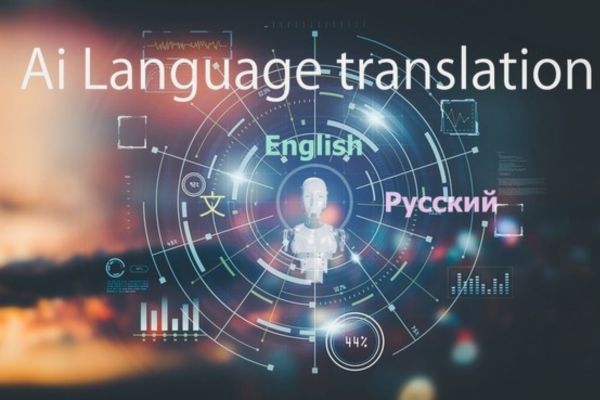AI translation systems play an important role in improving election voter accessibility by removing linguistic obstacles that frequently prevent full participation in democratic processes. These innovative technologies constitute a ground-breaking approach to promoting inclusivity and empowering all citizens to exercise their right to vote.
These systems use artificial intelligence to facilitate seamless communication across diverse linguistic backgrounds, democratizing access to important electoral information. Artificial intelligence translation solutions use complicated algorithms and natural language processing skills to accurately and efficiently translate voting materials, ensuring that voters understand ballot instructions, candidate biographies, and other vital information regardless of their original language.
This transformative influence goes beyond convenience; it profoundly strengthens the integrity of the political process. AI translation technologies improve fairness and equity by ensuring equitable access to information, resulting in a more inclusive democracy in which every voice is heard and every vote is important.
Furthermore, these instruments act as cultural change catalysts, supporting democratic ideals as well as diversity and representation principles. AI translation tools bridge gaps and foster unity in diversity inside election systems by allowing voters from various linguistic backgrounds to communicate and understand one another.
The importance of AI translation systems in improving election voter accessibility cannot be emphasized. They represent a dedication to using technology for positive societal impact, accelerating progress toward a more democratic and inclusive society. As we continue to innovate and push the frontiers of what is possible, AI translation technologies will remain important tools for increasing voter involvement, defending democratic ideals, and upholding the fundamental right to participate in democratic processes.
By Vipin Vindal, CEO, Quarks Technosoft
AI translation systems are critical solutions for addressing the common problem of language barriers in political procedures. By smoothly breaking down linguistic barriers, these technologies offer equal access to vital election information, allowing all voters to fully participate in democratic processes. AI translation systems grip complicated algorithms and natural language processing capabilities to deliver precise and efficient translations of voting materials, bridging linguistic gaps and encouraging inclusivity. This new technique not only makes voting more accessible, but it also promotes voting integrity by fostering fairness and equity.
AI translation technologies serve as catalysts for positive society change by increasing access to knowledge, improving democratic norms, and promoting diversity and inclusion principles. As we face the problems of modern democracy, these instruments are critical for growing voter participation, safeguarding democratic ideals, and maintaining the fundamental right to participate in the political process.
These methods support the essential concepts of fairness, equality, and representation by ensuring that every person has a meaningful opportunity to participate in democracy.
However, issues remain, particularly in assuring the correctness and dependability of translations across multiple languages and cultures. Additionally, the scalability and accessibility of AI translation systems are still being developed and refined.
Despite these obstacles, the transformative potential of AI translation technologies in assuring election voter access cannot be emphasized. They are an important step toward a more democratic and inclusive society in which linguistic diversity is not a barrier to civic engagement but rather a celebrated feature of democratic debate.
In essence, AI translation tools act as beacons of innovation, promising a future in which every voice is heard, every vote counts, and democracy truly belongs to all.















